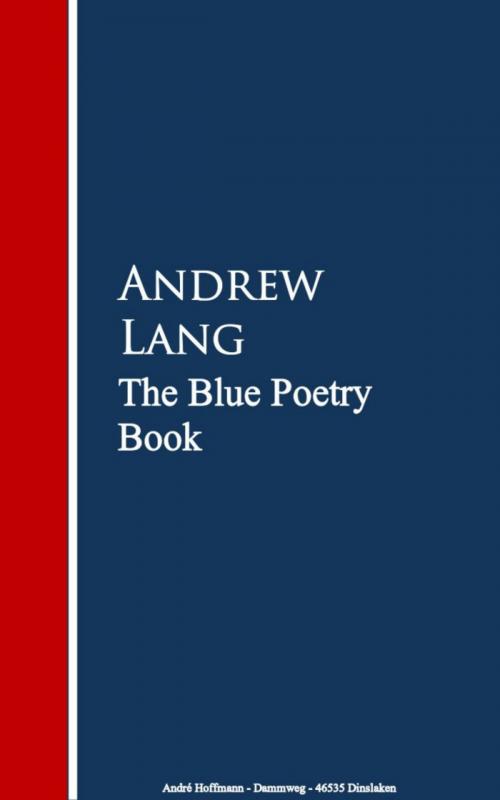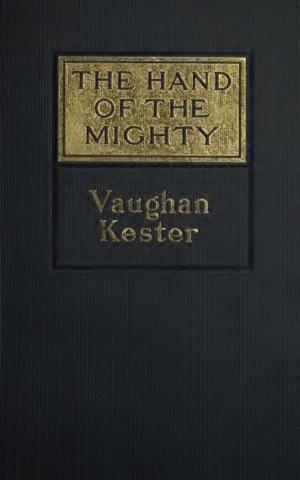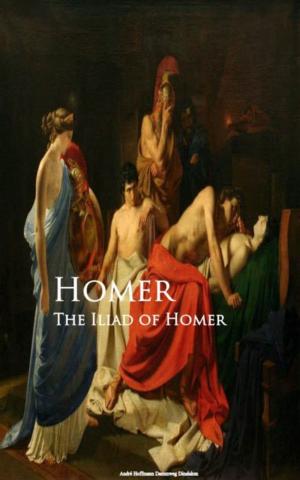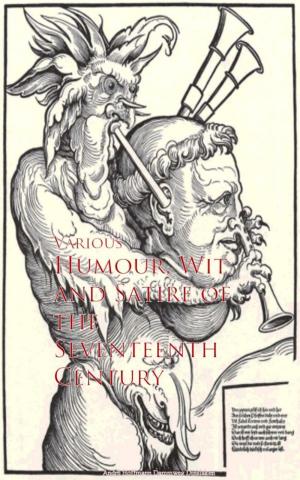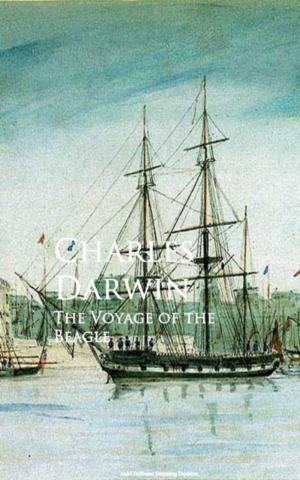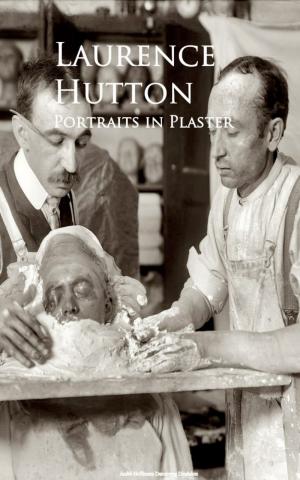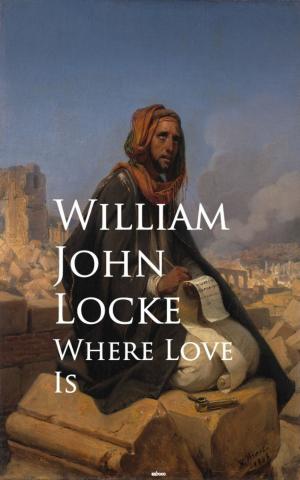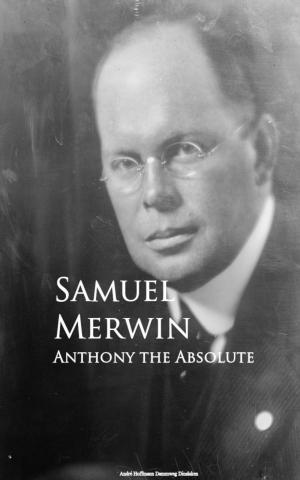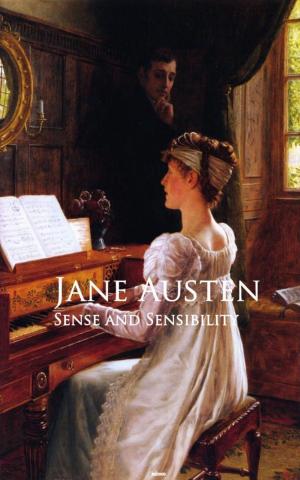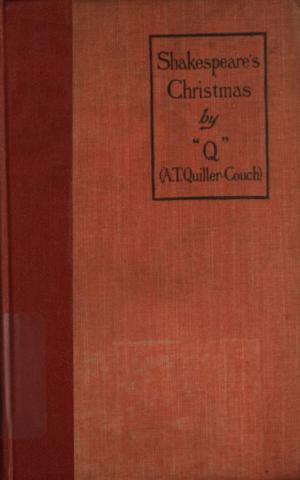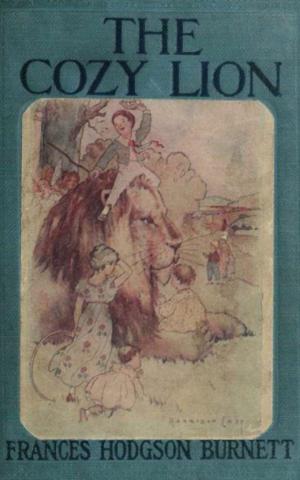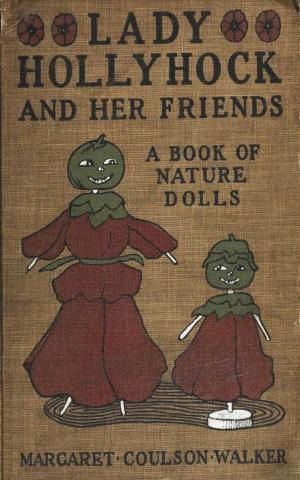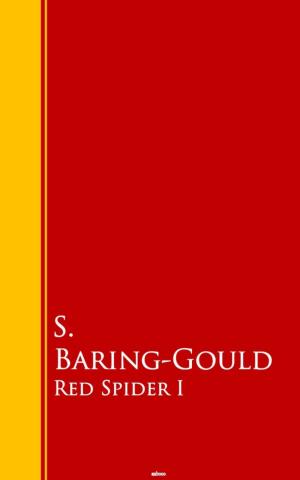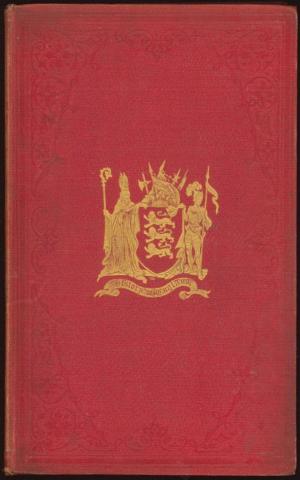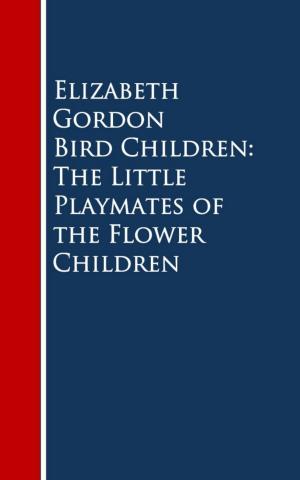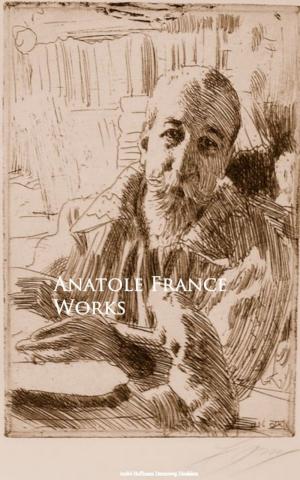| Author: | Andrew Lang | ISBN: | 9783736407435 |
| Publisher: | anboco | Publication: | August 28, 2016 |
| Imprint: | Language: | English |
| Author: | Andrew Lang |
| ISBN: | 9783736407435 |
| Publisher: | anboco |
| Publication: | August 28, 2016 |
| Imprint: | |
| Language: | English |
The purpose of this Collection is to put before children, and young people, poems which are good in themselves, and especially fitted to live, as Theocritus says, 'on the lips of the young.' The Editor has been guided to a great extent, in making his choice, by recollections of what particularly pleased himself in youth. As a rule, the beginner in poetry likes what is called 'objective' art—verse with a story in it, the more vigorous the story the better. The old ballads satisfy this taste, and the Editor would gladly have added more of them, but for two reasons. First, there are parents who would see harm, where children see none, in 'Tamlane' and 'Clerk Saunders.' Next, there was reason to dread that the volume might become entirely too Scottish. It is certainly a curious thing that, in Mr. Palgrave's Golden Treasury, where some seventy poets are represented, scarcely more than a tenth of the number were born north of Tweed. In this book, however, intended for lads and lassies, the poems by Campbell, by Sir Walter Scott, by Burns, by the Scottish song-writers, and the Scottish minstrels of the ballad, are in an unexpectedly large proportion to the poems by English authors. The Editor believes that this predominance of Northern verse is not due to any exorbitant local patriotism of his own. The singers of the North, for some reason or other, do excel in poems of action and of adventure, or to him they seem to excel. He is acquainted with no modern ballad by a Southern Englishman, setting aside 'Christabel' and the 'Ancient Mariner—' poems hardly to be called ballads—which equals [Pg viii] 'The Eve of St. John.' For spirit-stirring martial strains few Englishmen since Drayton have been rivals of Campbell, of Scott, of Burns, of Hogg with his song of 'Donald McDonald.' Two names, indeed, might be mentioned here: the names of the late Sir Francis Doyle and of Lord Tennyson. But the scheme of this book excludes a choice from contemporary poets.
The purpose of this Collection is to put before children, and young people, poems which are good in themselves, and especially fitted to live, as Theocritus says, 'on the lips of the young.' The Editor has been guided to a great extent, in making his choice, by recollections of what particularly pleased himself in youth. As a rule, the beginner in poetry likes what is called 'objective' art—verse with a story in it, the more vigorous the story the better. The old ballads satisfy this taste, and the Editor would gladly have added more of them, but for two reasons. First, there are parents who would see harm, where children see none, in 'Tamlane' and 'Clerk Saunders.' Next, there was reason to dread that the volume might become entirely too Scottish. It is certainly a curious thing that, in Mr. Palgrave's Golden Treasury, where some seventy poets are represented, scarcely more than a tenth of the number were born north of Tweed. In this book, however, intended for lads and lassies, the poems by Campbell, by Sir Walter Scott, by Burns, by the Scottish song-writers, and the Scottish minstrels of the ballad, are in an unexpectedly large proportion to the poems by English authors. The Editor believes that this predominance of Northern verse is not due to any exorbitant local patriotism of his own. The singers of the North, for some reason or other, do excel in poems of action and of adventure, or to him they seem to excel. He is acquainted with no modern ballad by a Southern Englishman, setting aside 'Christabel' and the 'Ancient Mariner—' poems hardly to be called ballads—which equals [Pg viii] 'The Eve of St. John.' For spirit-stirring martial strains few Englishmen since Drayton have been rivals of Campbell, of Scott, of Burns, of Hogg with his song of 'Donald McDonald.' Two names, indeed, might be mentioned here: the names of the late Sir Francis Doyle and of Lord Tennyson. But the scheme of this book excludes a choice from contemporary poets.
